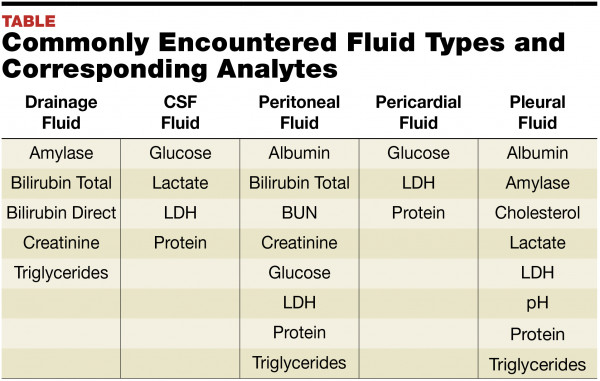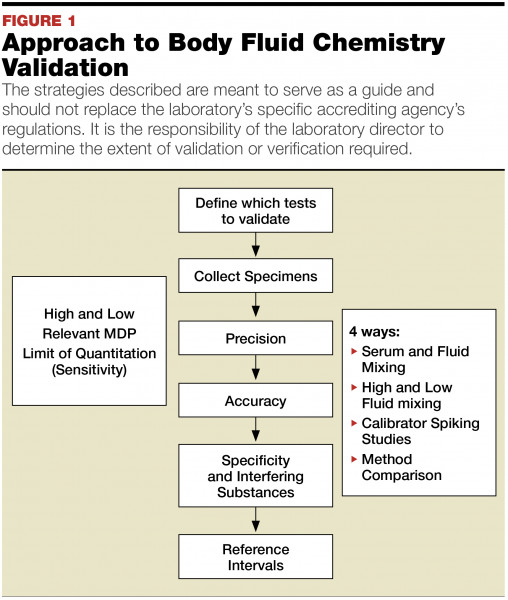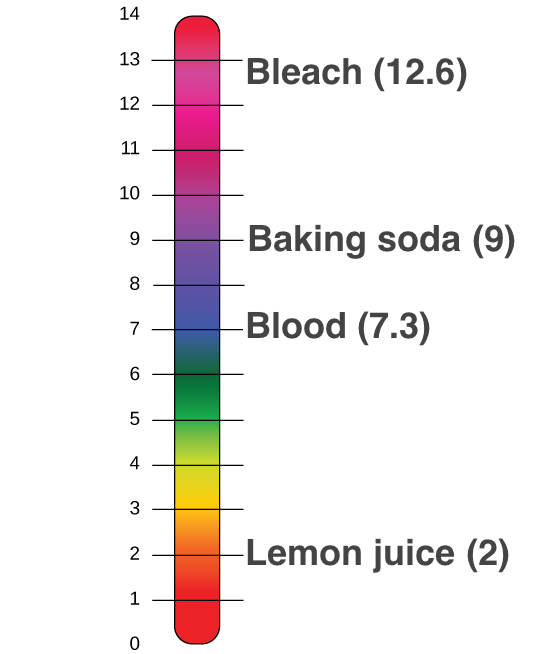Influences The Ph Measurement Of Body Fluids
The ph range is from 0 to 14 with 70 being neutral anything above 70 is alkaline anything below 70 is considered acidic.
Influences the ph measurement of body fluids. Therefore the optimal reading is slightly alkaline. Fluids in the human body function to provide digestion lubrication nutrient and oxygen transportation and protection. Acidosis refers to having blood thats too acidic or a blood ph of less than 735. In comparison your stomach acid has a ph of around 15 to 35this makes it acidic.
Your blood has a normal ph range of 735 to 745this means that blood is naturally slightly alkaline or basic. The pleural fluid ph was determined within 20 min after being collected anaerobically by a blood gas machine ciba corning model 288 ph meter corning ph meter 610a and ph indicator strip. It is a thick fluid containing 55 blood 90 water and 8 proteins. Ph levels in the body and its role.
The higher the ph reading the more alkaline and oxygen rich the fluid is. A ph of 7 is neutral. The ph of any solution is the measure of its hydrogen ion concentration. A normal or healthy measurement for the human body is about 74 on a scale ranging from 0 to 14.
To perform these functions the acid levels must be varied to match the bodily function. The closer to 0 the bodys ph reading the more acidic it is while a reading leaning towards 14 reflects a more alkaline state. Alkalosis refers to having blood that. The different types of body fluids include.
The observed correlation between pleural fluid ph and survival outlined above has led to the recommendation that pleural fluid ph measurement be used in selecting patients for pleurodesis. A blood ph imbalance can lead to two conditions. At larger volumes the decrease was greaterretaining the heparin preloaded in the analysis syringe caused a decline of 002 p0027no change from baseline ph value was seen when specimens were. The ph of the human body lies in a tight range between 735 745 and any minor alterations from this range can have severe implications.
The main components of blood include. Plasma is the liquid component of blood. Overall levels of acidity or alkalinity are measured on a ph scale and must be carefully controlled in each body fluid.



















